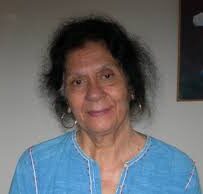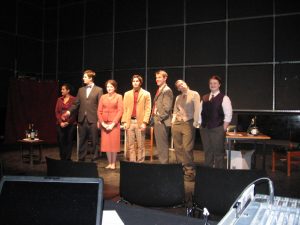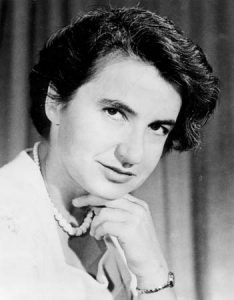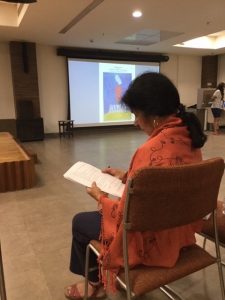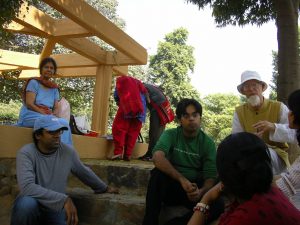
Rani Drew is a Cambridge-based Indian born professor, stage director, short story writer, poet and playwright and has written over thirty feminist plays. Rani taught theatre studies Hungary and her plays ‘Shakespeare and Me’ and ‘The Three act Hamlet’ were performed in Hungary and won prizes. Rani has staged a number of her productions in London and Cambridge and also does readings at Cambridge University and has written a number of radio plays .
Though it is true to say that men often find dealing with ardent feminists partly a traumatic experience, this is certainly not true of Rani whose intelligent and kind personality tackles often thorny issues of inequality, conflict between the sexes and exploitation by making them funny and engaging. As a situationist she often turns the world we recognise on its head in her drama asking us to look at it from a female perspective, which is often surprising, hilarious, new and outlandish and a little confusing because you don’t know where its going at first. Looking at the world through her eyes we ask ourselves
Couldn’t it be like this? Shouldn’t it be like this? What if was like this? and why isn’t it like this in reality?.
I read somewhere that Rani purposefully ‘problematises’ feminism and she does it in a way that entertains audiences and I found working alongside her doing lighting for ‘The unsung heroine of the double helix’ a play about Rosalyn Franklyn’s largely overlooked contribution to Crick and Watson’s triumph with the Double helix, that she is inventive, driven and highly knowledgable about what works on stage and in a dramatic plot.
She is great to work with, full of inspiration, inventiveness and willingness to experiment with each actor and scene, thinking on her feet and making her world come to life. These are plays about women told with humour and wisdom and they deliver her messages and insights into how typical situations and expectations thwart female intelligence and need to be challenged and changed to let true feminine light be seen and understood.
Having travelled widely in China, India, Hungary, Romania, Macedonia, Spain, Mauritius and many other countries where she has staged plays abroad to great success, Rani draws on her experiences to create settings we both either don’t recognise, in being exotic, or alternatively we have a good knowledge of like Shakespeares plays and she’s uses those as backdrops for her drama and to set up the target assumptions and expectations that she is going to challenge, overturn and attack, of what might happen, only hinting at the starting point of the plot, and then does something surprising and unexpected with the contentious situations she’s laid in place for you.
